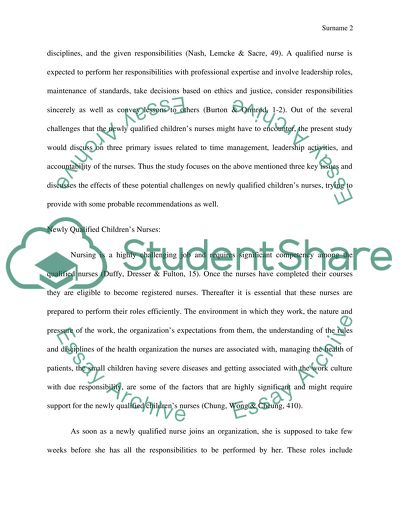Cite this document
(“Critical analysis of the potential challenges that newly qualified Essay”, n.d.)
Retrieved from https://studentshare.org/nursing/1393304-critically-examine-the-potential-challenges-facing
Retrieved from https://studentshare.org/nursing/1393304-critically-examine-the-potential-challenges-facing
(Critical Analysis of the Potential Challenges That Newly Qualified Essay)
https://studentshare.org/nursing/1393304-critically-examine-the-potential-challenges-facing.
https://studentshare.org/nursing/1393304-critically-examine-the-potential-challenges-facing.
“Critical Analysis of the Potential Challenges That Newly Qualified Essay”, n.d. https://studentshare.org/nursing/1393304-critically-examine-the-potential-challenges-facing.


